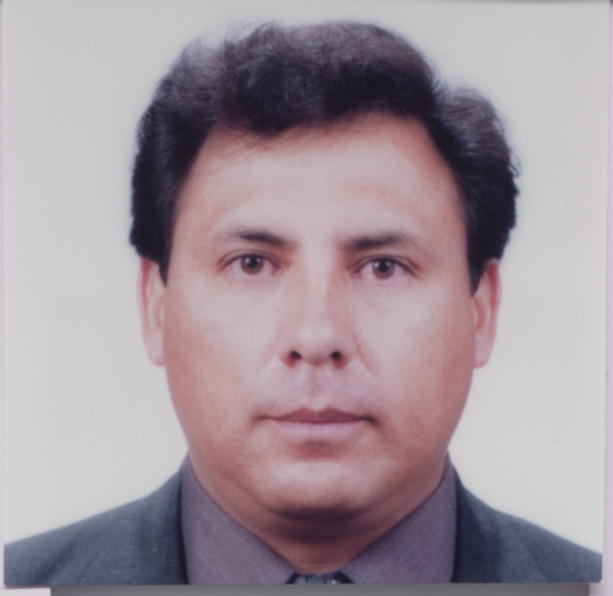
CARL SAGAN was the David Duncan Professor of Astronomy and Space Sciences and Director of the Laboratory for Planetary Studies at Cornell University. He played a leading role in the American space program since its inception. He was a consultant and adviser to NASA since the 1950's, briefed the Apollo astronauts before their flights to the Moon, and was an experimenter on the Mariner, Viking, Voyager, and Galileo expeditions to the planets. He helped solve the mysteries of the high temperatures of Venus (answer: massive greenhouse effect), the seasonal changes on Mars (answer: windblown dust), and the reddish haze of Titan (answer: complex organic molecules).
For his work, Dr. Sagan received the NASA medals for Exceptional Scientific Achievement and (twice) for Distinguished Public Service, as well as the NASA Apollo Achievement Award. Asteroid 2709 Sagan is named after him. He was also awarded the John F. Kennedy Astronautics Award of the American Astronautical Society, the Explorers Club 75th Anniversary Award, the Konstantin Tsiolkovsky Medal of the Soviet Cosmonauts Federation, and the Masursky Award of the American Astronomical Society, ("for his extraordinary contributions to the development of planetary science…As a scientist trained in both astronomy and biology, Dr. Sagan has made seminal contributions to the study of planetary atmospheres, planetary surfaces, the history of the Earth, and exobiology. Many of the most productive planetary scientists working today are his present and former students and associates").
He was also a recipient of the Public Welfare Medal, the highest award of the National Academy of Sciences (for "distinguished contributions in the application of science to the public welfare…Carl Sagan has been enormously successful in communicating the wonder and importance of science. His ability to capture the imagination of millions and to explain difficult concepts in understandable terms is a magnificent achievement").
Dr. Sagan was elected Chairman of the Division of Planetary Sciences of the American Astronomical Society, President of the Planetology Section of the American Geophysical Union, and Chairman of the Astronomy Section of the American Association for the Advancement of Science. For twelve years he was the editor-in-chief of Icarus, the leading professional journal devoted to planetary research. He was cofounder and President of the Planetary Society, a 100,000-member organization that is the largest space-interest group in the world; and Distinguished Visiting Scientist, Jet Propulsion Laboratory, California Institute of Technology.
A Pulitzer Prize winner for the book The Dragons of Eden: Speculations of the Evolution of Human Intelligence, Dr. Sagan was the author of many bestsellers, including Cosmos, which became the bestselling science book ever published in English. The accompanying Emmy and Peabody award-winning television series has been seen by a billion people in sixty countries. He received twenty-two honorary degrees from American colleges and universities for his contributions to science, literature, education, and the preservation of the environment, and many awards for his work on the long-term consequences of nuclear war and reversing the nuclear arms race. His novel, Contact, is now a major motion picture.
In their posthumous award to Dr. Sagan of their highest honor, the National Science Foundation declared that his "research transformed planetary science… his gifts to mankind were infinite."
Dr. Sagan's surviving family includes his wife and collaborator of twenty years, Ann Druyan; his children, Dorion, Jeremy, Nicholas, Sasha, and Sam; and grandchildren.
For his work, Dr. Sagan received the NASA medals for Exceptional Scientific Achievement and (twice) for Distinguished Public Service, as well as the NASA Apollo Achievement Award. Asteroid 2709 Sagan is named after him. He was also awarded the John F. Kennedy Astronautics Award of the American Astronautical Society, the Explorers Club 75th Anniversary Award, the Konstantin Tsiolkovsky Medal of the Soviet Cosmonauts Federation, and the Masursky Award of the American Astronomical Society, ("for his extraordinary contributions to the development of planetary science…As a scientist trained in both astronomy and biology, Dr. Sagan has made seminal contributions to the study of planetary atmospheres, planetary surfaces, the history of the Earth, and exobiology. Many of the most productive planetary scientists working today are his present and former students and associates").
He was also a recipient of the Public Welfare Medal, the highest award of the National Academy of Sciences (for "distinguished contributions in the application of science to the public welfare…Carl Sagan has been enormously successful in communicating the wonder and importance of science. His ability to capture the imagination of millions and to explain difficult concepts in understandable terms is a magnificent achievement").
Dr. Sagan was elected Chairman of the Division of Planetary Sciences of the American Astronomical Society, President of the Planetology Section of the American Geophysical Union, and Chairman of the Astronomy Section of the American Association for the Advancement of Science. For twelve years he was the editor-in-chief of Icarus, the leading professional journal devoted to planetary research. He was cofounder and President of the Planetary Society, a 100,000-member organization that is the largest space-interest group in the world; and Distinguished Visiting Scientist, Jet Propulsion Laboratory, California Institute of Technology.
A Pulitzer Prize winner for the book The Dragons of Eden: Speculations of the Evolution of Human Intelligence, Dr. Sagan was the author of many bestsellers, including Cosmos, which became the bestselling science book ever published in English. The accompanying Emmy and Peabody award-winning television series has been seen by a billion people in sixty countries. He received twenty-two honorary degrees from American colleges and universities for his contributions to science, literature, education, and the preservation of the environment, and many awards for his work on the long-term consequences of nuclear war and reversing the nuclear arms race. His novel, Contact, is now a major motion picture.
In their posthumous award to Dr. Sagan of their highest honor, the National Science Foundation declared that his "research transformed planetary science… his gifts to mankind were infinite."
Dr. Sagan's surviving family includes his wife and collaborator of twenty years, Ann Druyan; his children, Dorion, Jeremy, Nicholas, Sasha, and Sam; and grandchildren.








